Ok, so not really, but Hudson River Community Credit Union along with Todd Shimkus, ARCC President and CEO, found a way to use hypothetical money as a mechanism for learning...if only property taxes could be paid from a hypothetical account. The kids learned a great deal as they wowed the thre delighted ladies from HRCC: Dorrie Phillips, Linda Dickie and President, Sue Commanda.
This week at the Apprentice, our two teams selected new project managers and one changed their name to the Money Makers vs. The Mighty Purple Pandas. The challenge was to create a board game for use by the Hudson River Community Credit Union in their efforts to increase the financial literacy of area students. The Money Makers created a game called “Moolah – The Game of Money” and the Panda’s created a game called “Bankrupt.”
Moolah is played by rolling the dice and landing on squares, winning is accomplished by landing on more earning squares than spending squares. To make money, players babysit, mow lawns, get a birthday gift, receive a visit from the tooth fairy, hold a yard sale, receive an allowance, etc. To spend money, players buy an i-pod, candy, and go to the movies. As money is earned players can go back to the Credit Union in the middle of the board to deposit earnings. The first player to save $500 wins. If any player accumulates debt of more than $500, they lose and are eliminated from the game.
Bankrupt has players select a business to open - - car dealer, lawyer, construction or restaurant - - and receive a $50,000 loan from the credit union. Each player travels through their own path to profitability by rolling the dice. They are directed by the board to take cards at random spaces that identify ways to either make or lose money. The goal is to collect enough cards that add revenue to your business, that when you reach the end of the path to profitability you have paid off the original loan. If you still have debt at the end of the path, you go back to the beginning. The game is won when all four players have become profitable and the winner is the player with the most profit after paying off their loan.

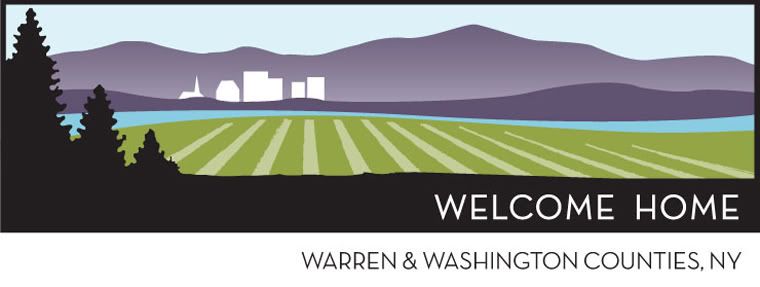

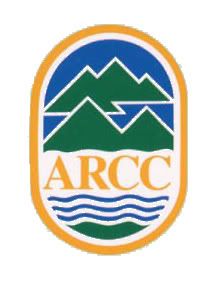
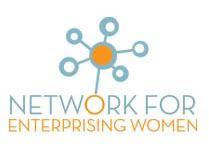
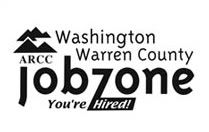
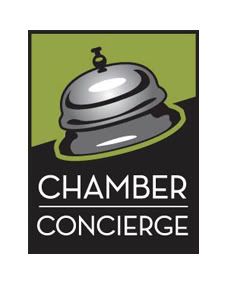

1 comments:
This week at the Apprentice, our two teams selected new project managers and one changed their name to the Money Makers vs. The Mighty Purple Pandas. The challenge was to create a board game for use by the Hudson River Community Credit Union in their efforts to increase the financial literacy of area students. The Money Makers created a game called “Moolah – The Game of Money” and the Panda’s created a game called “Bankrupt.”
Post a Comment